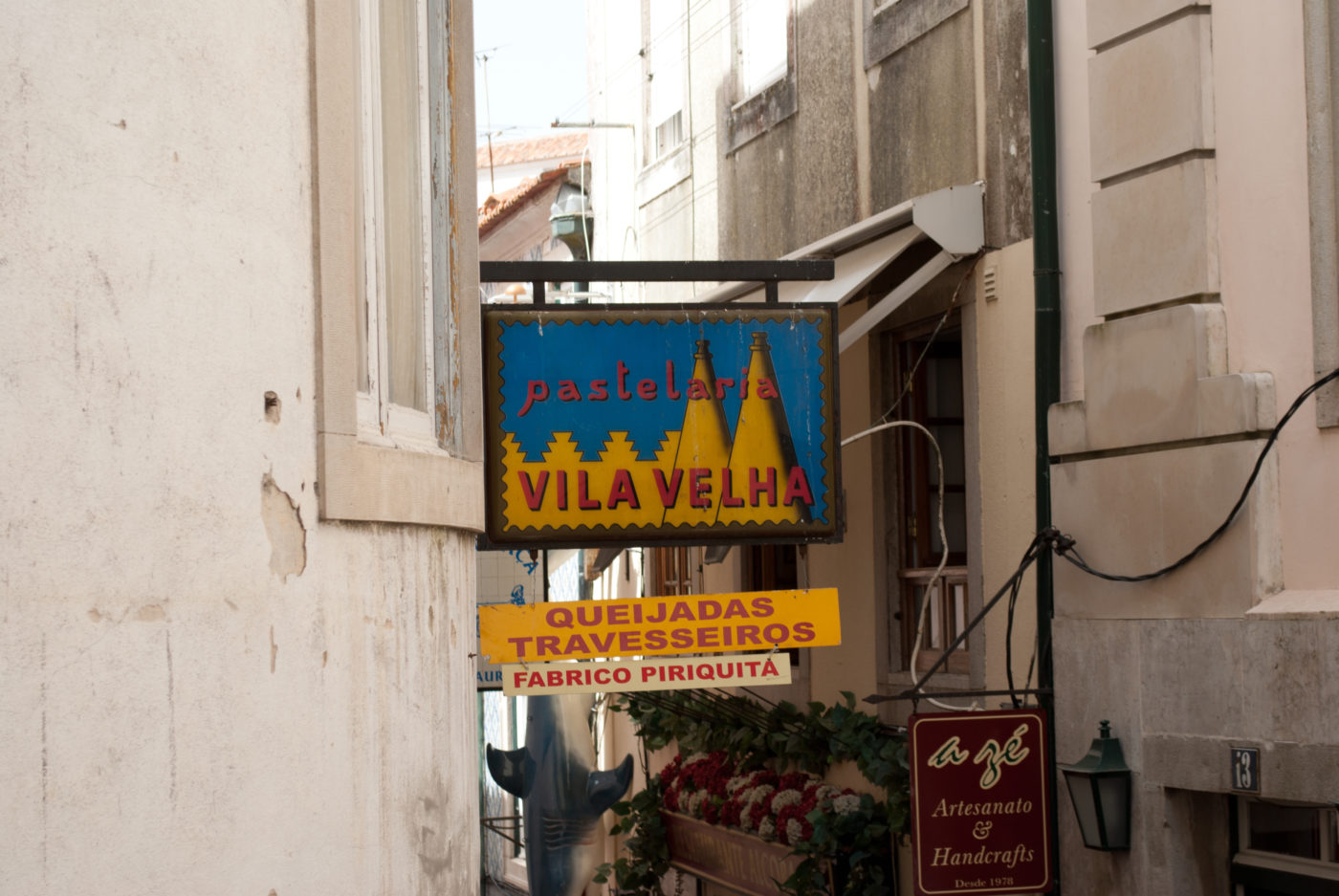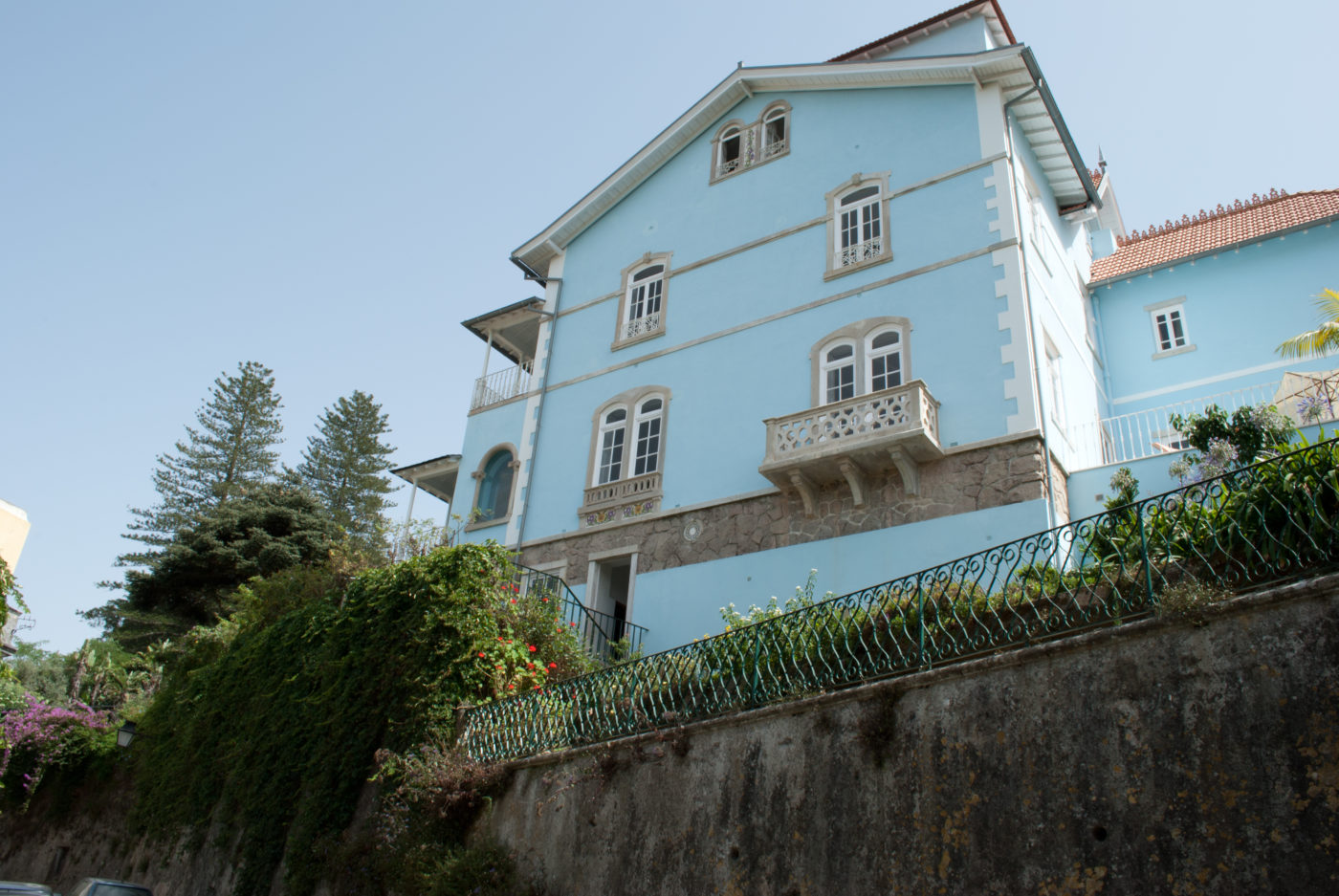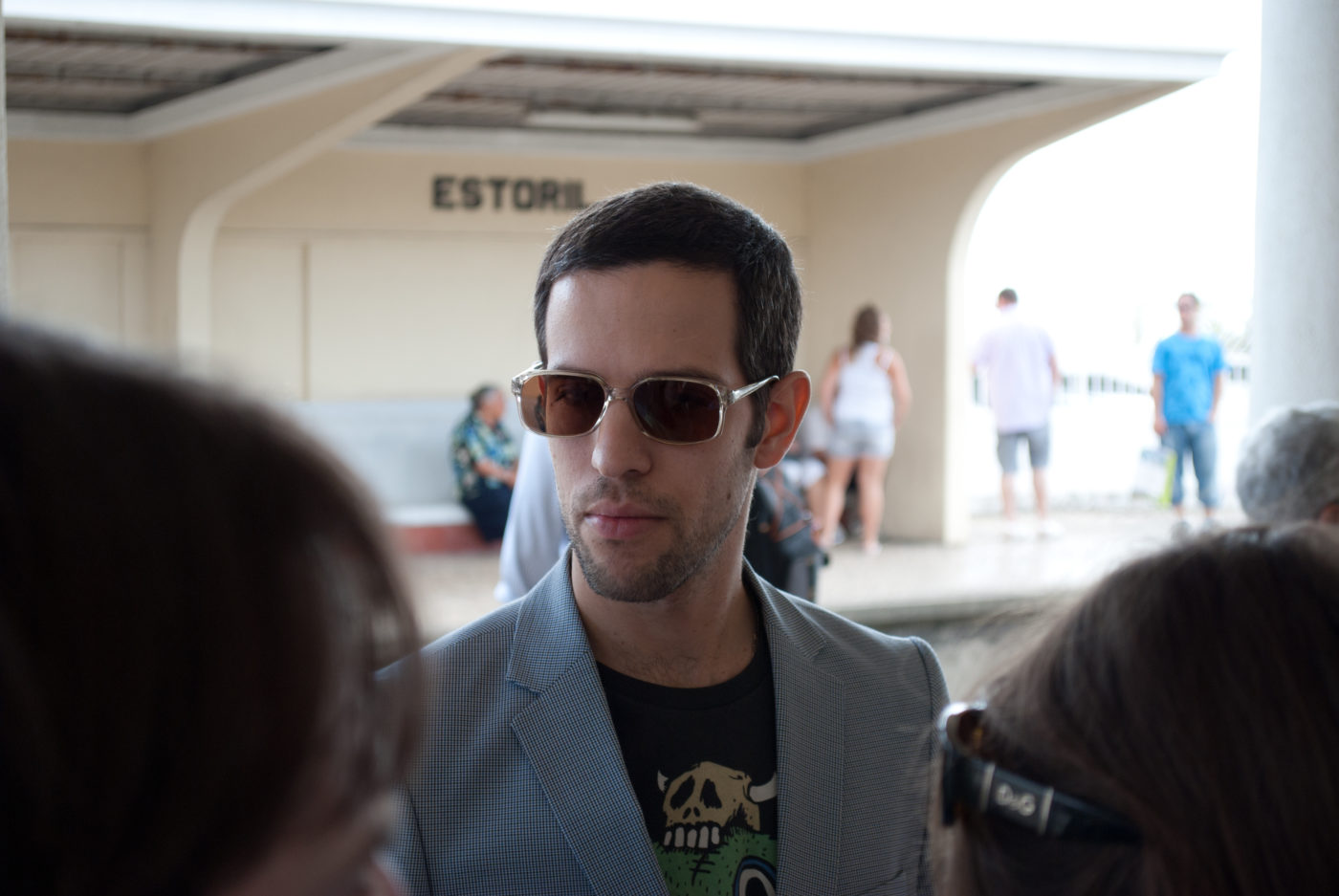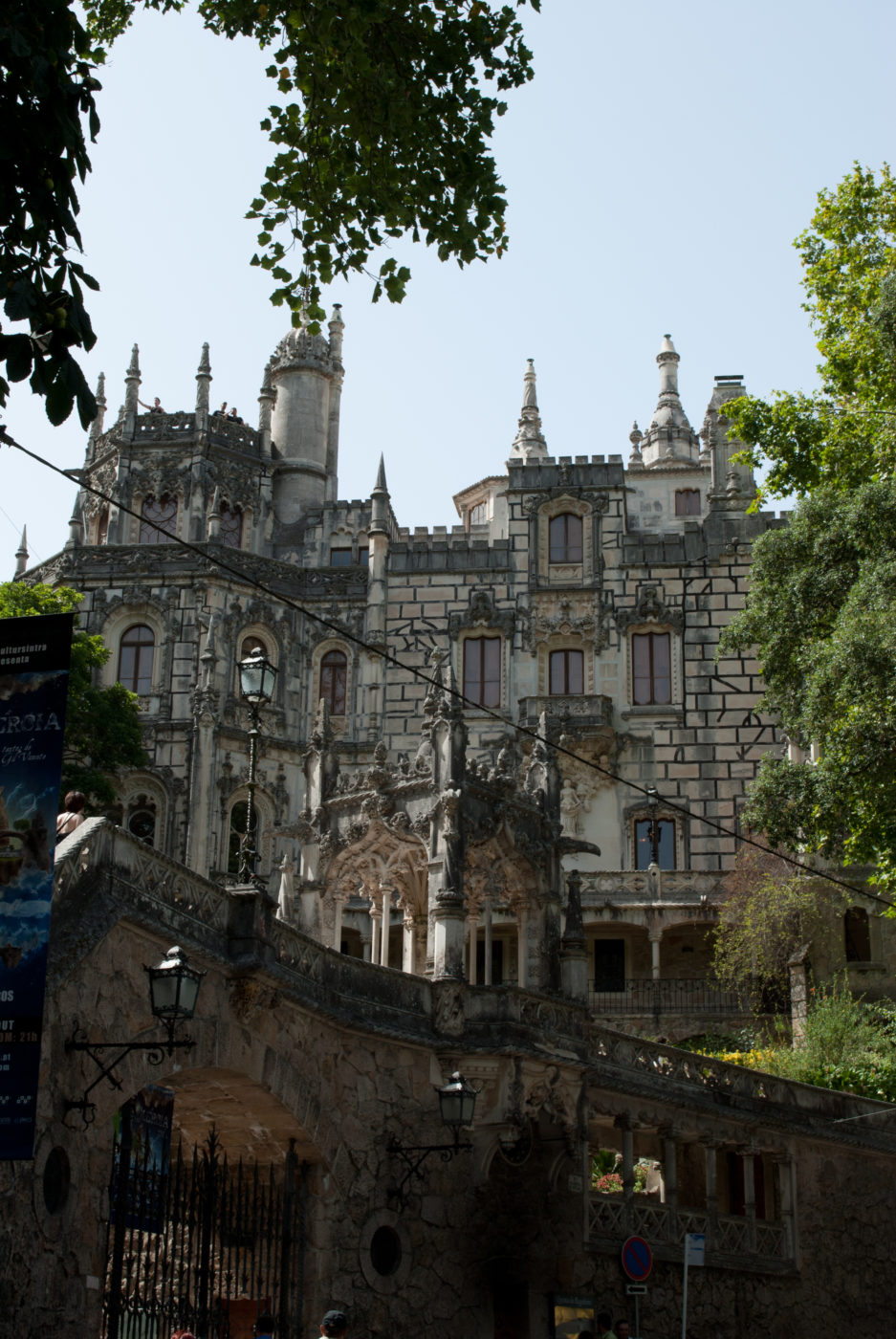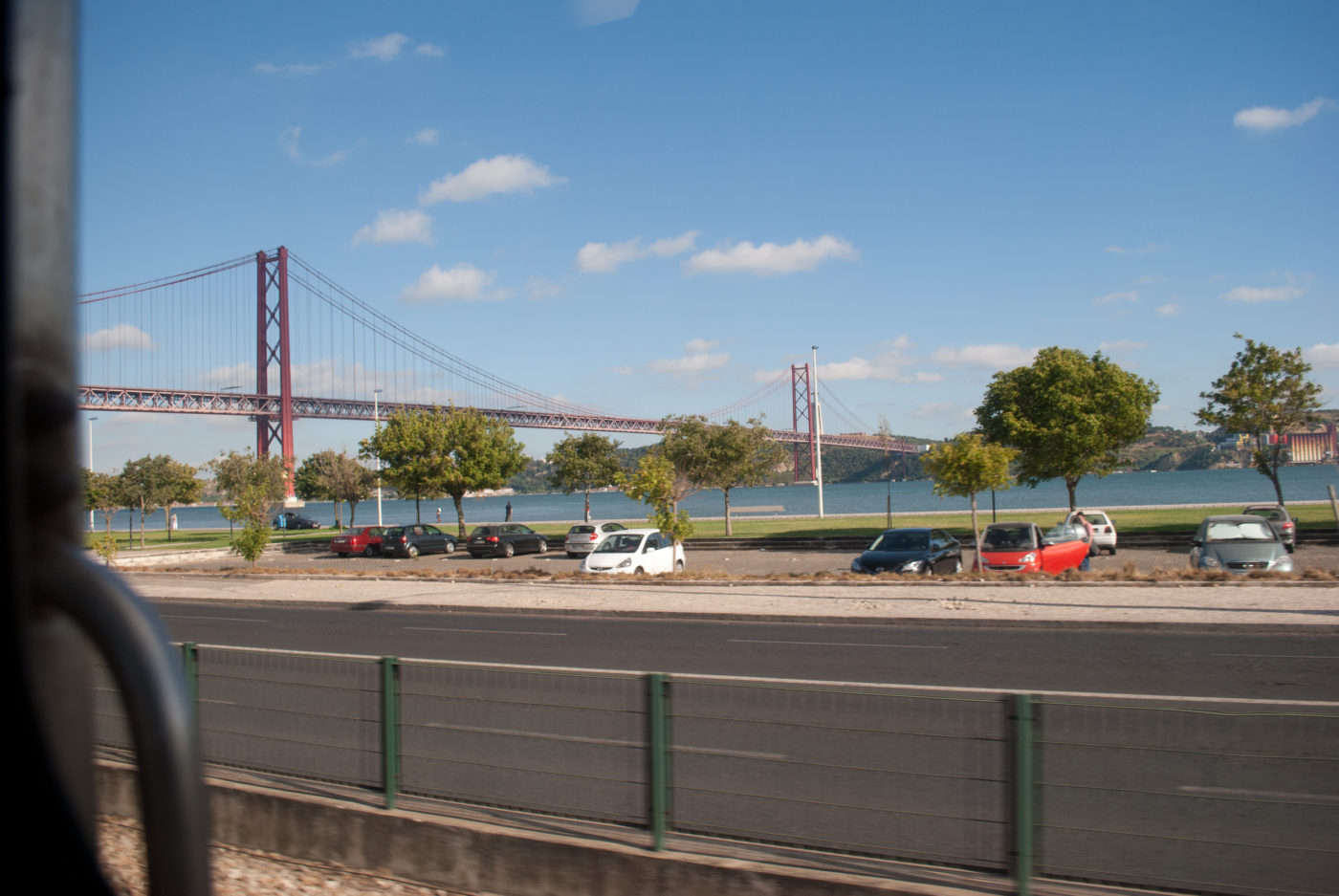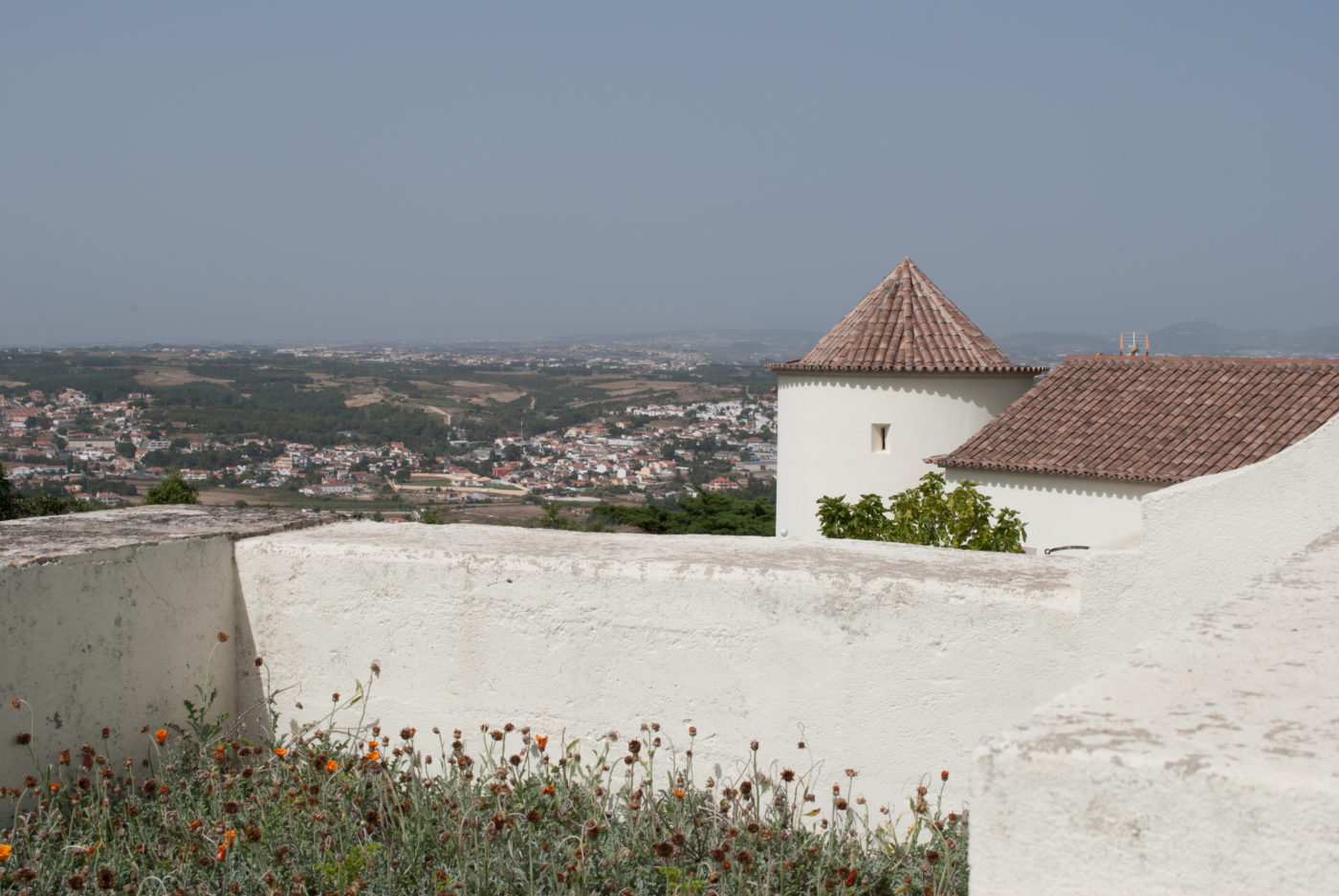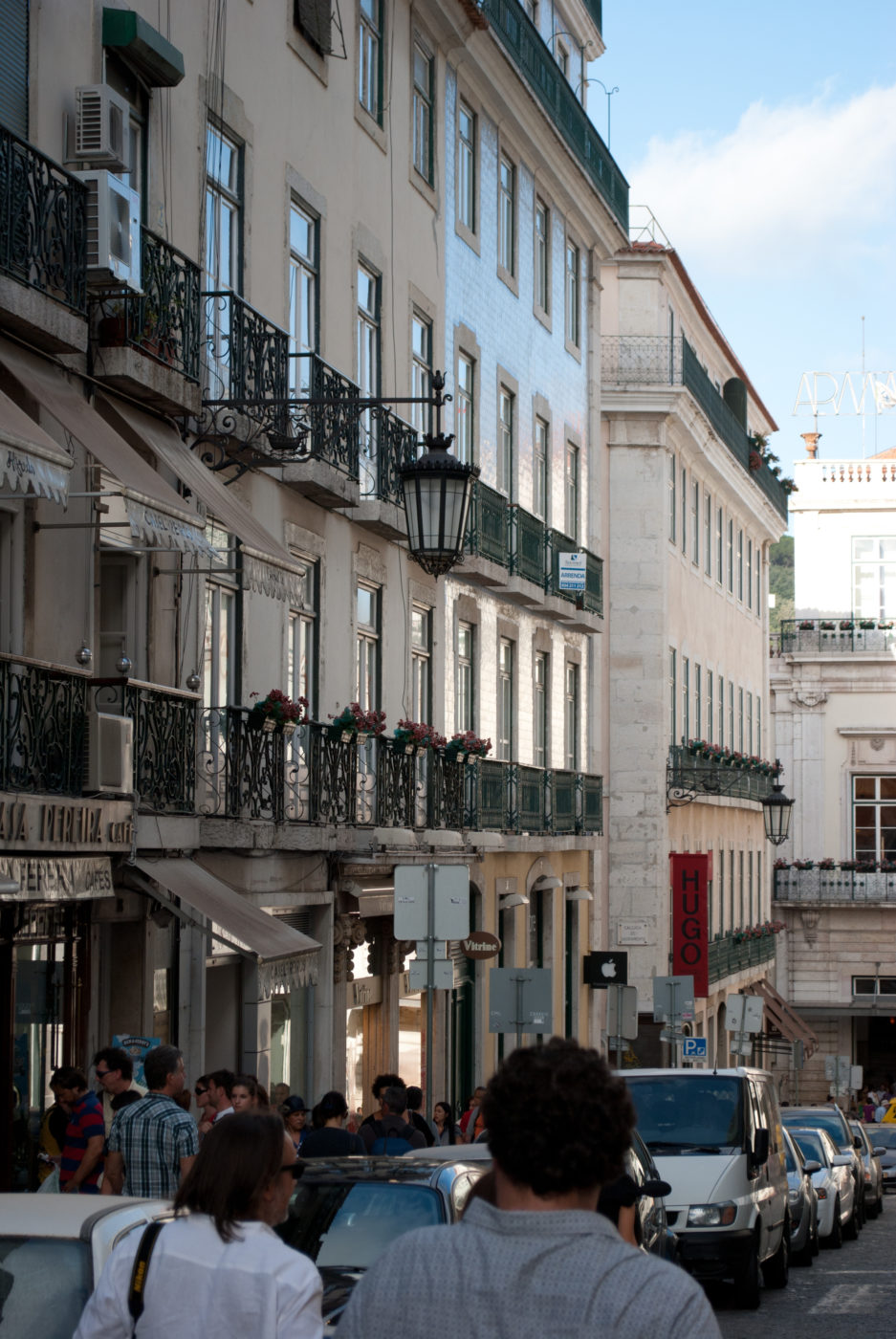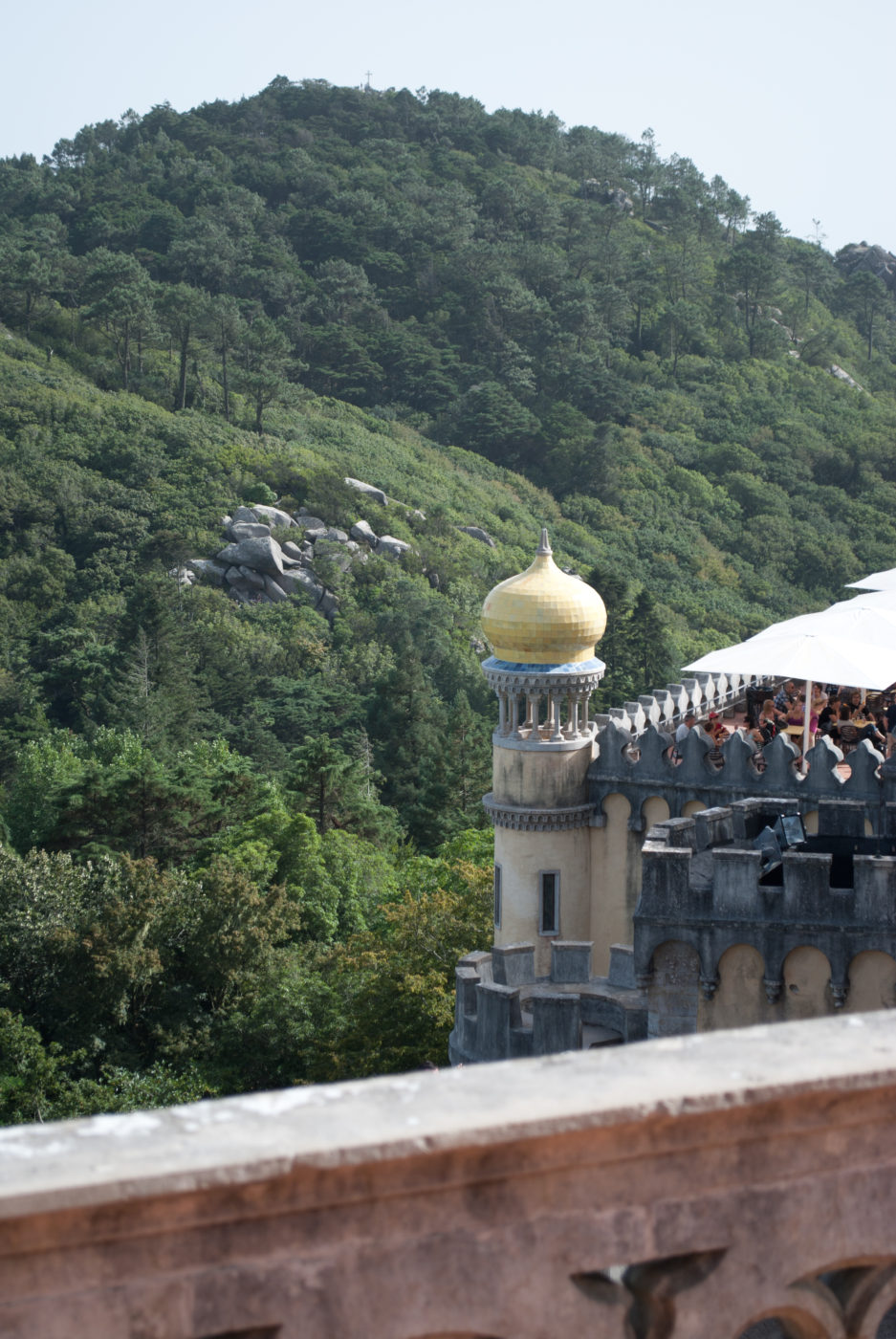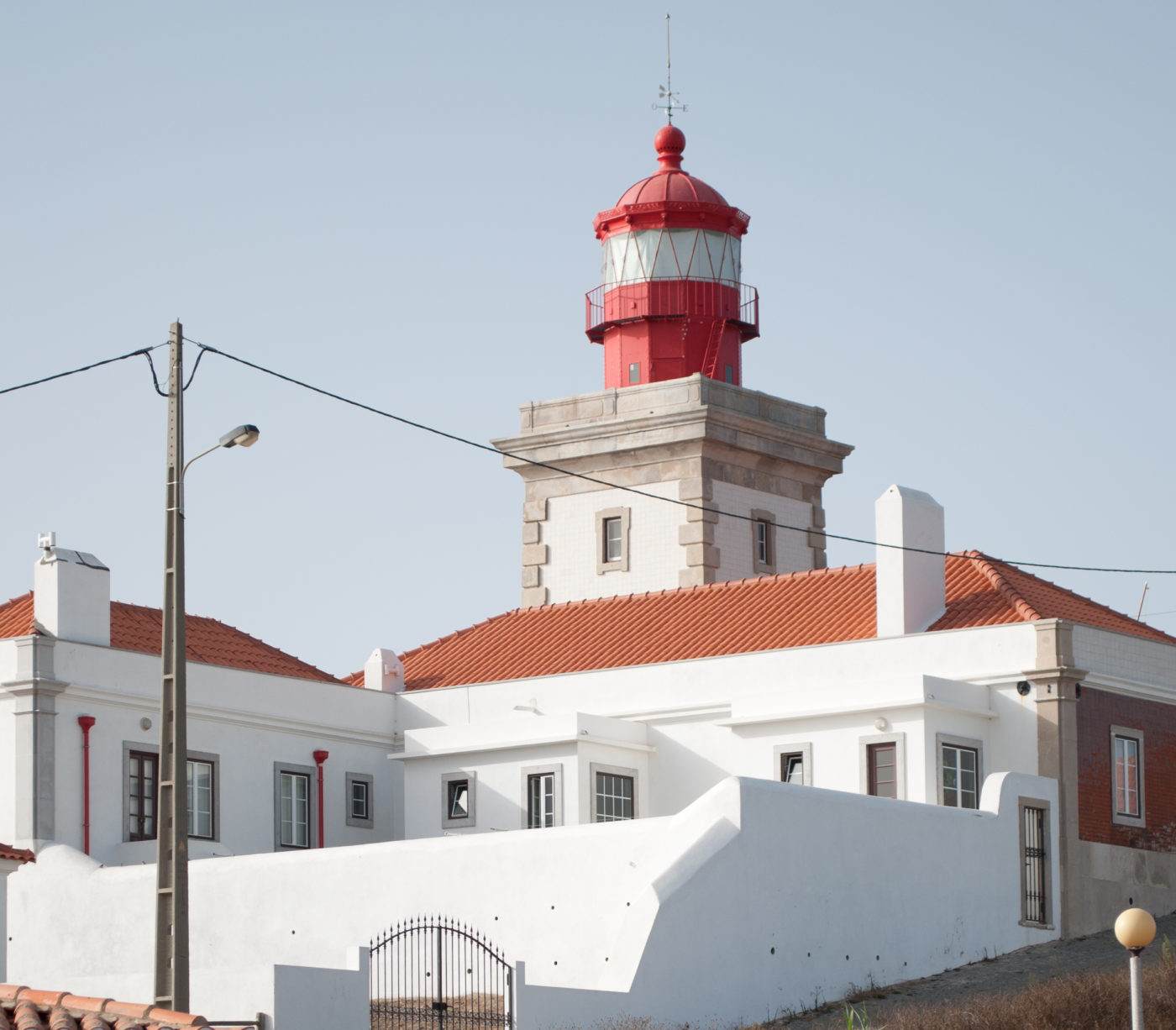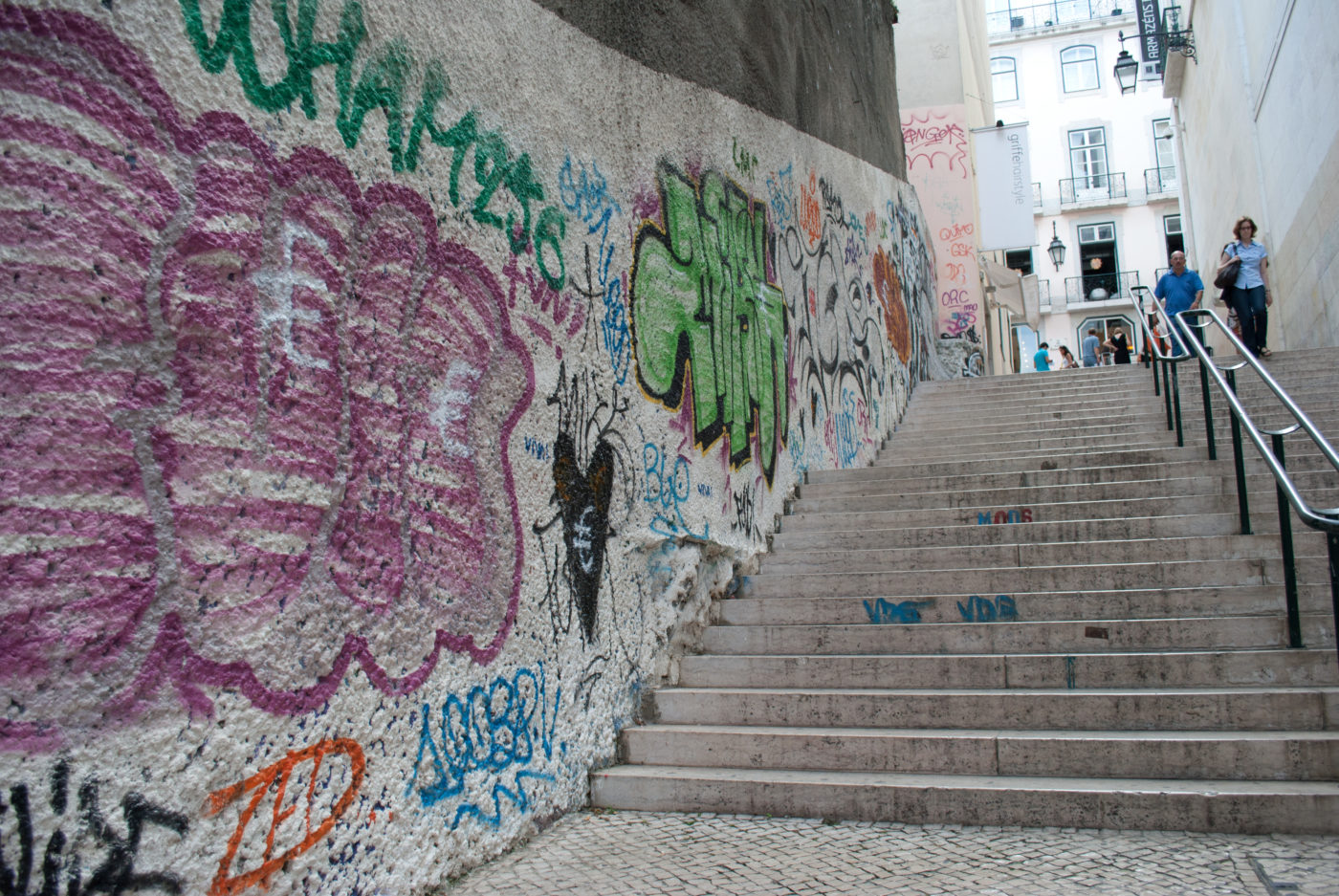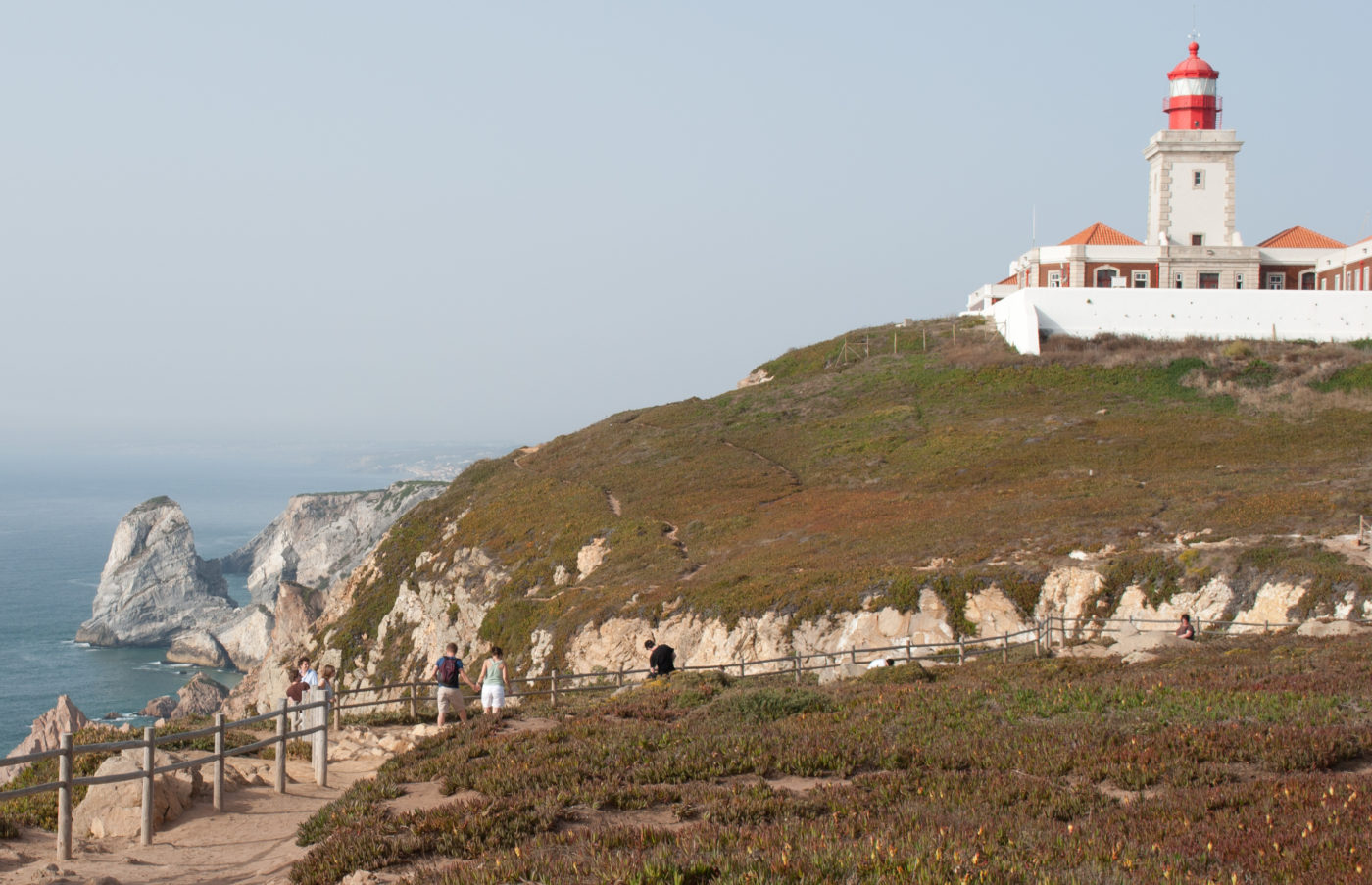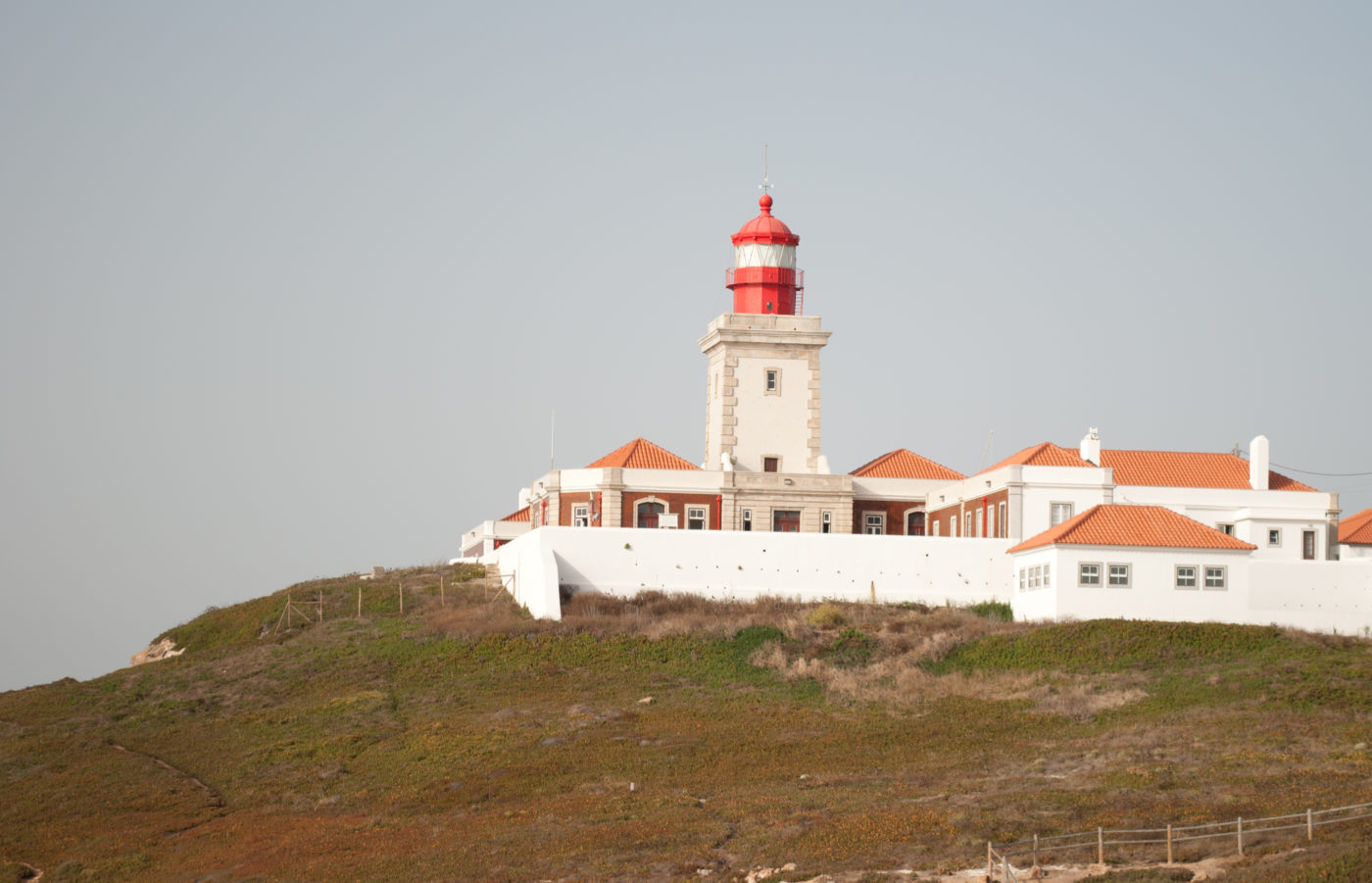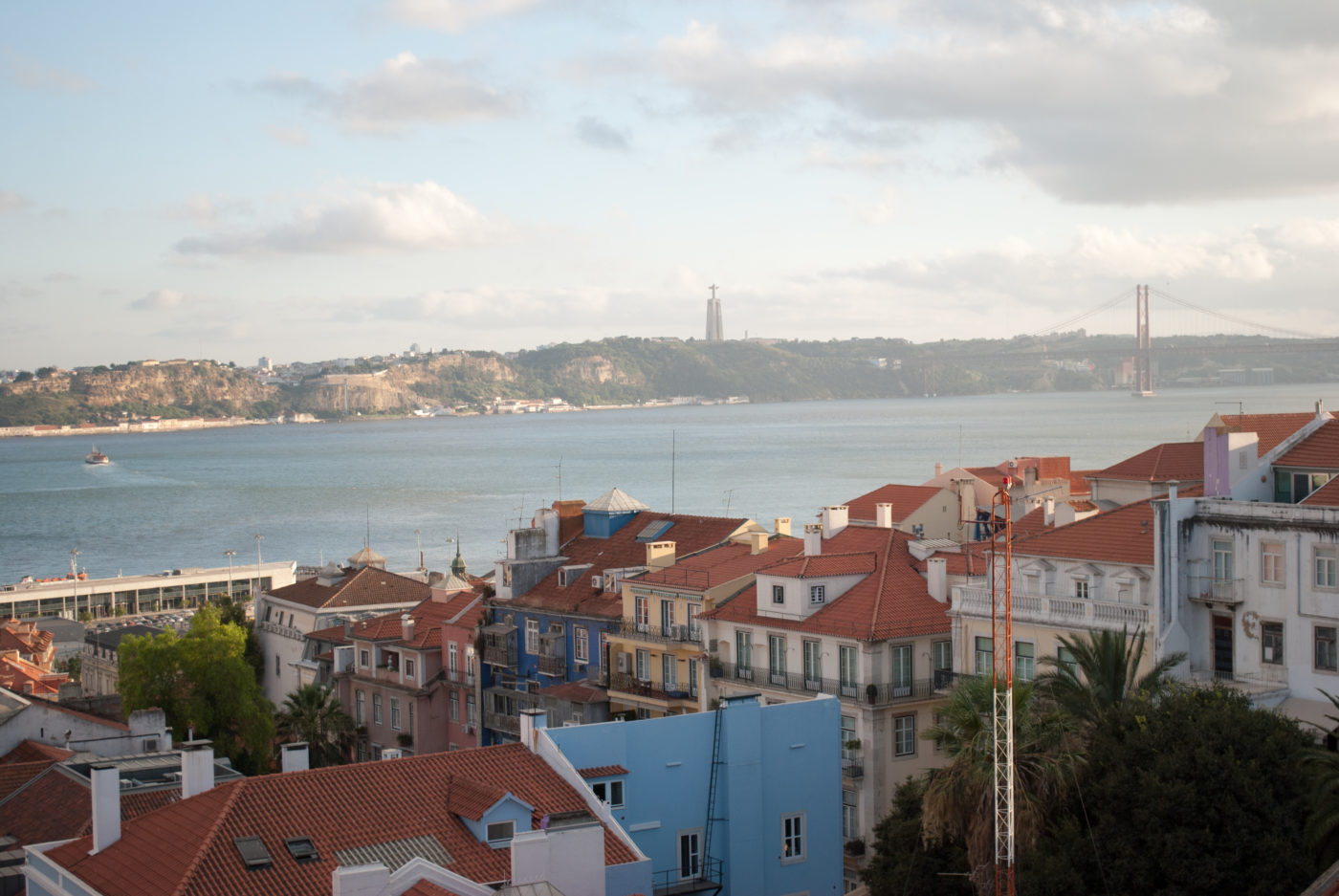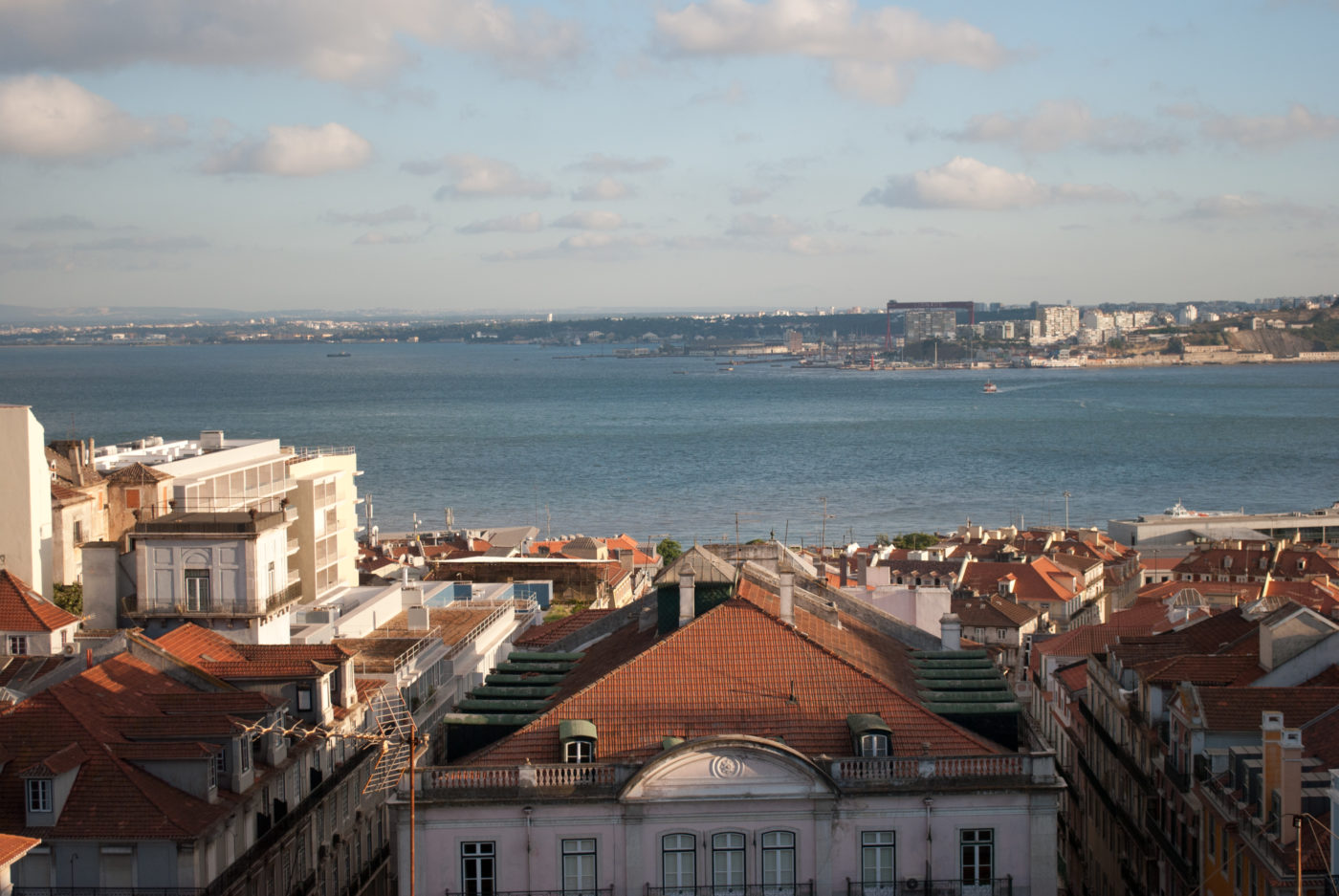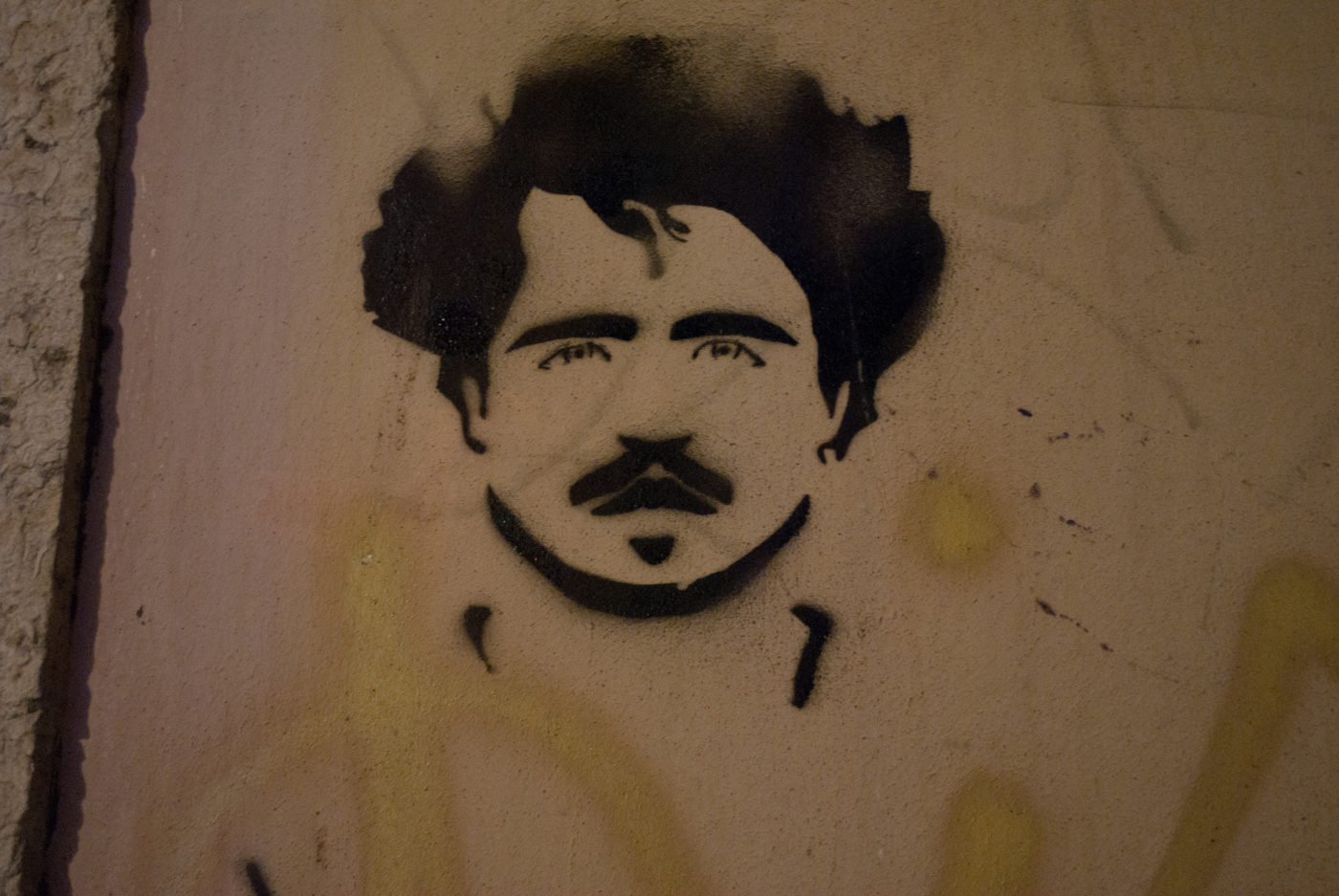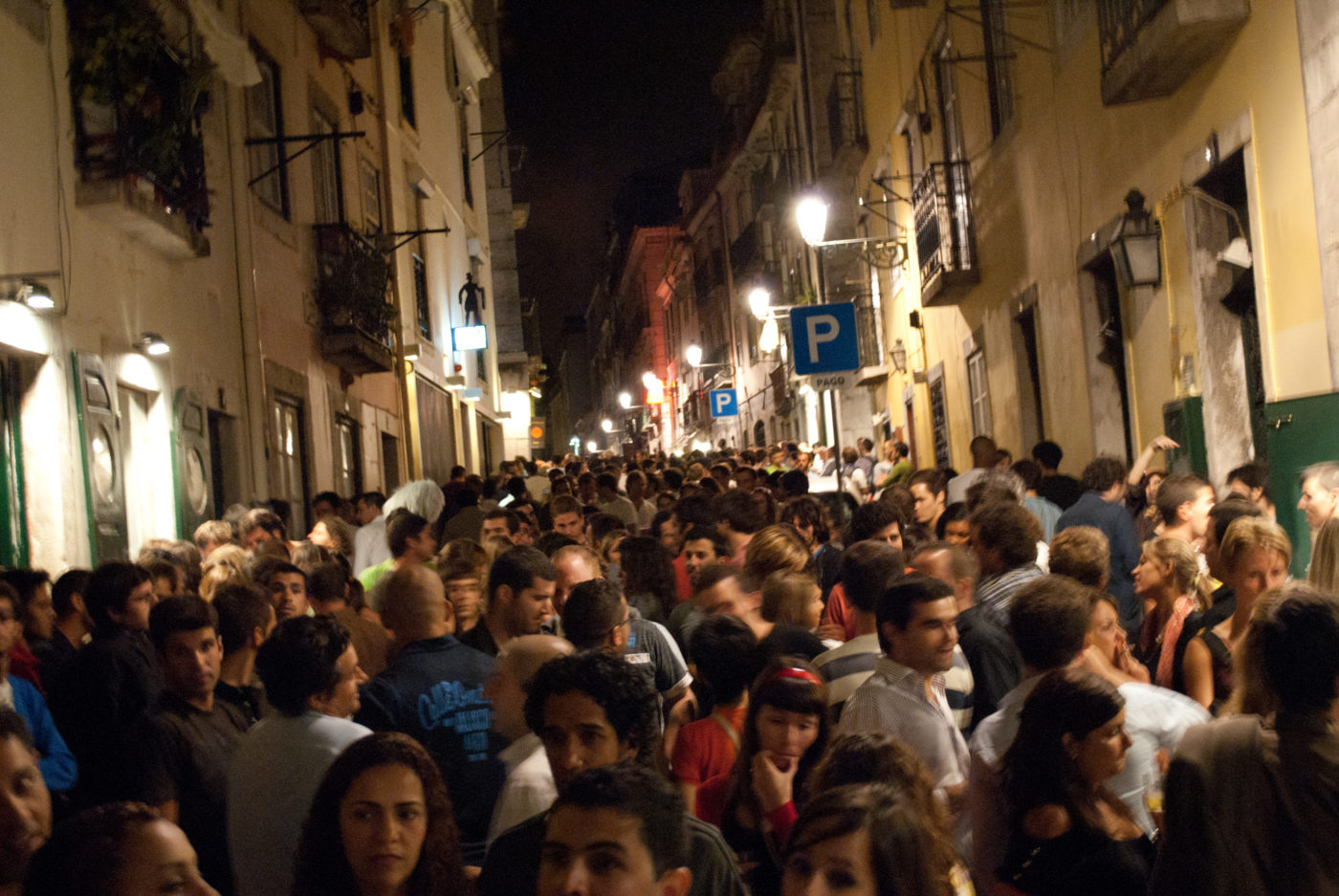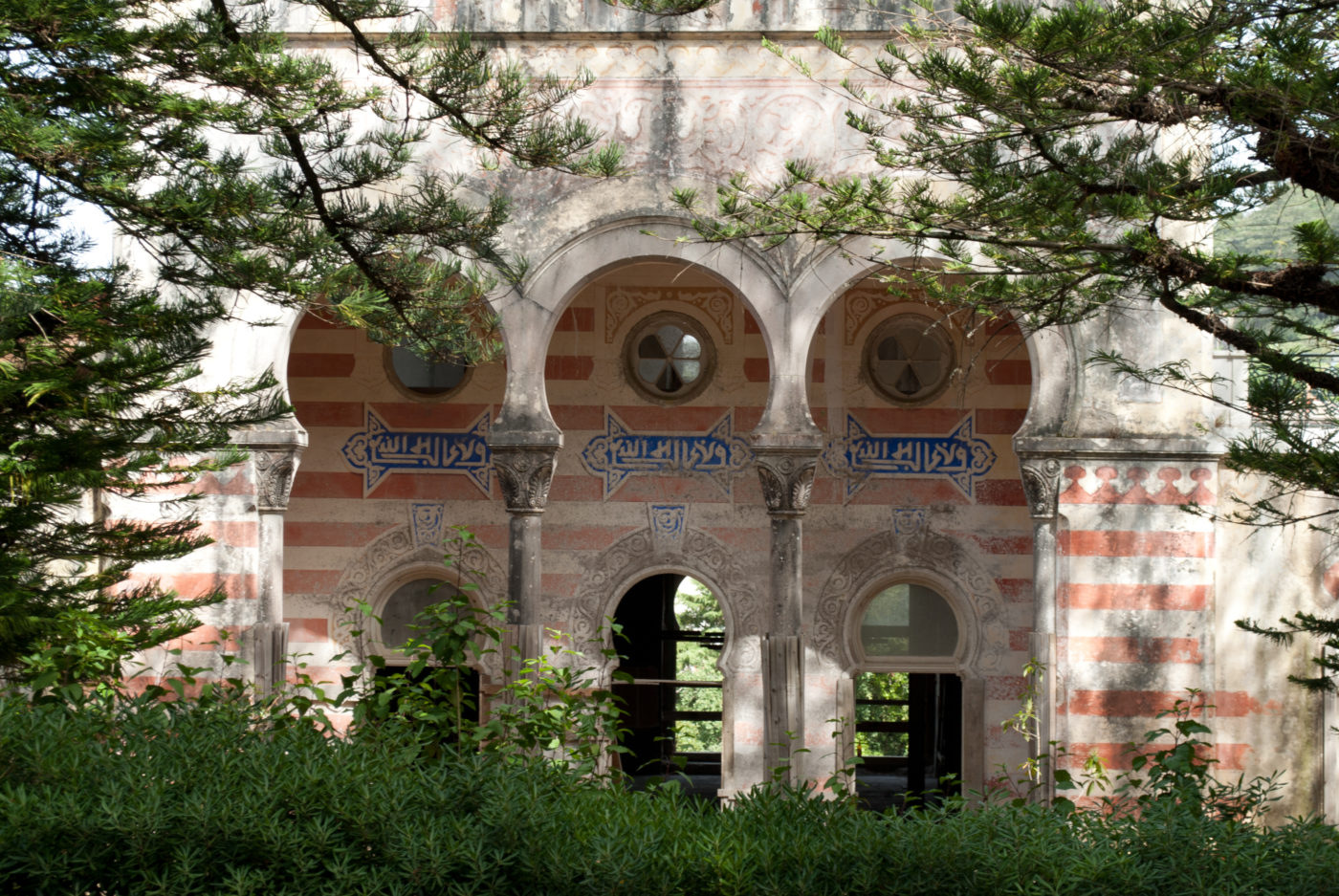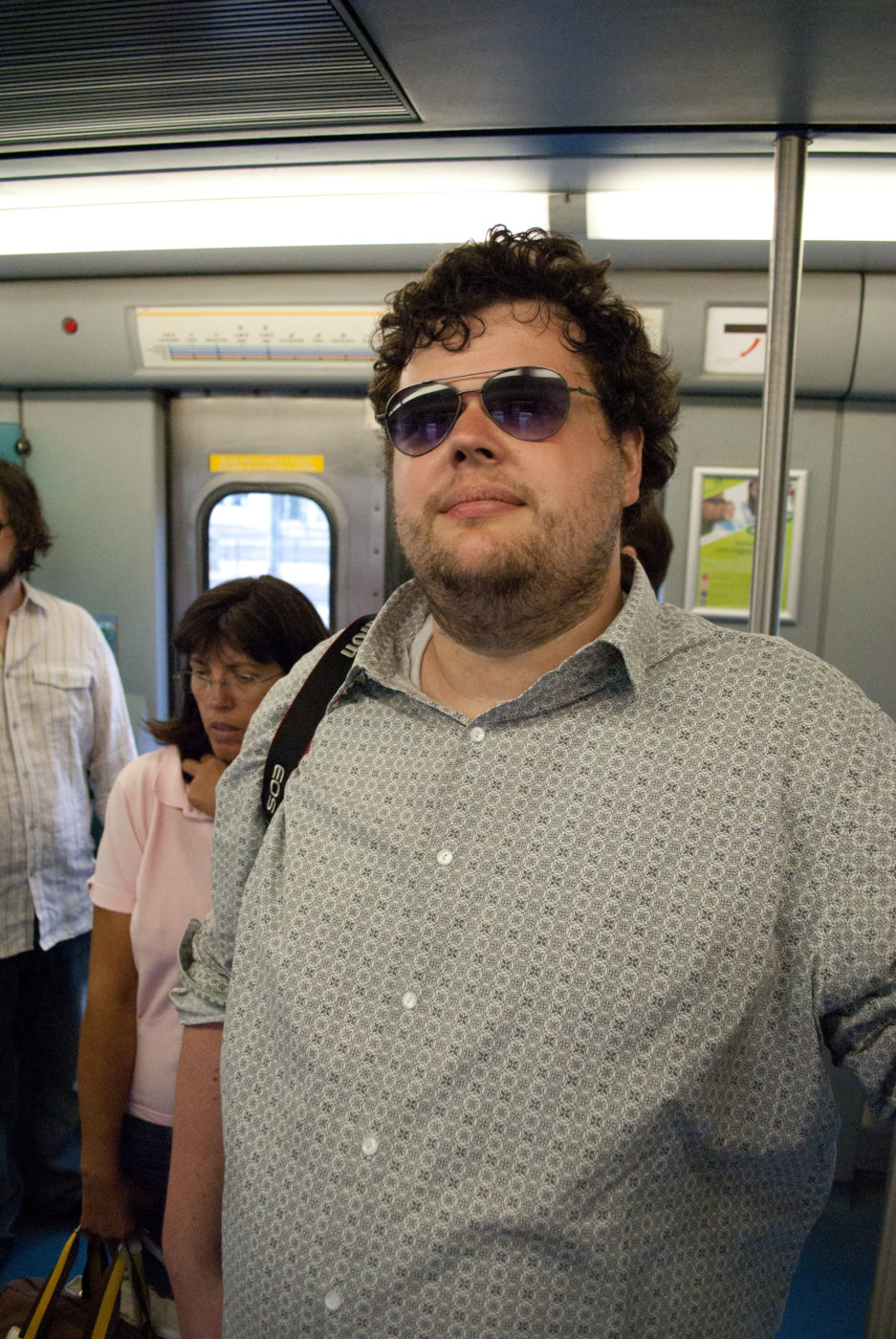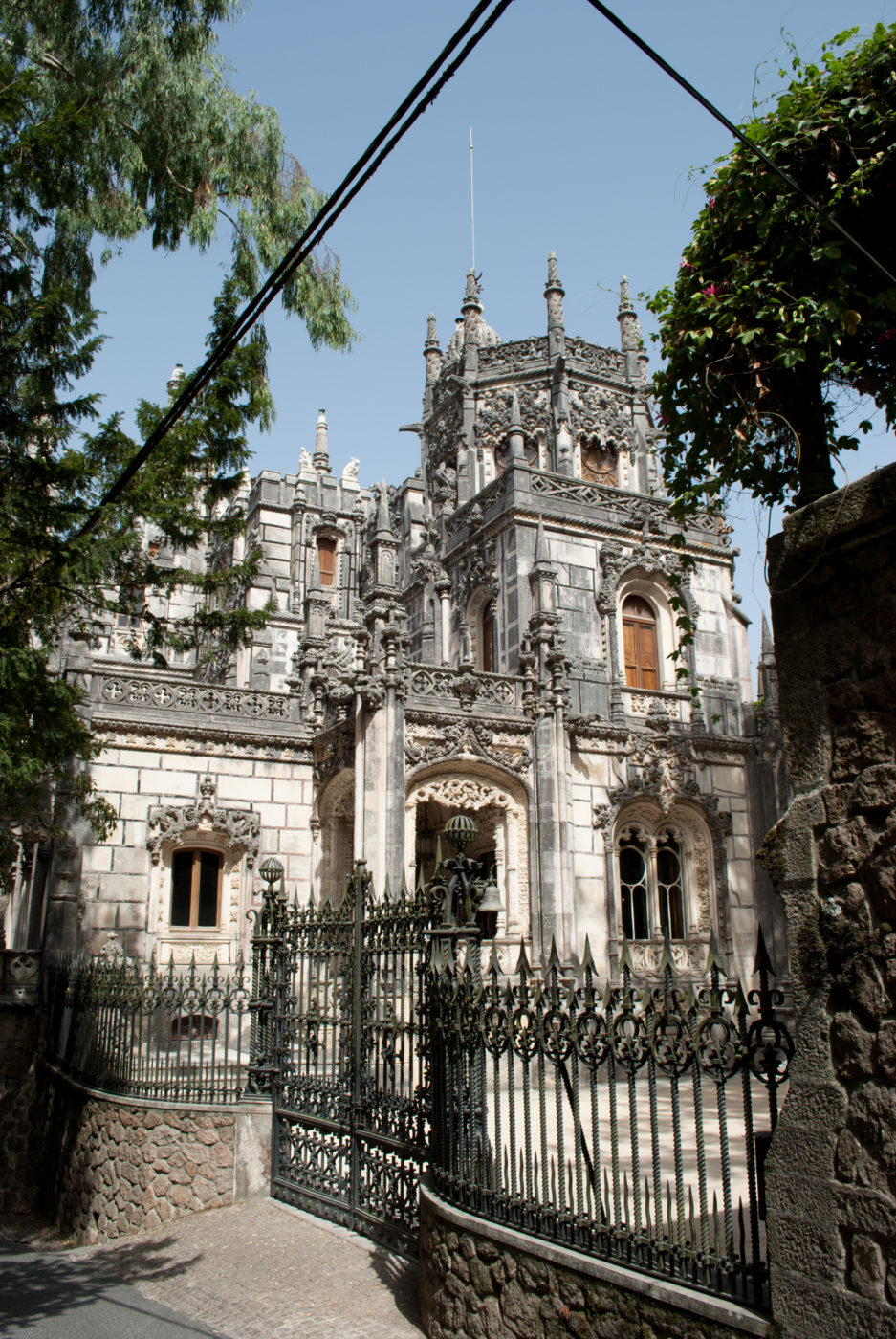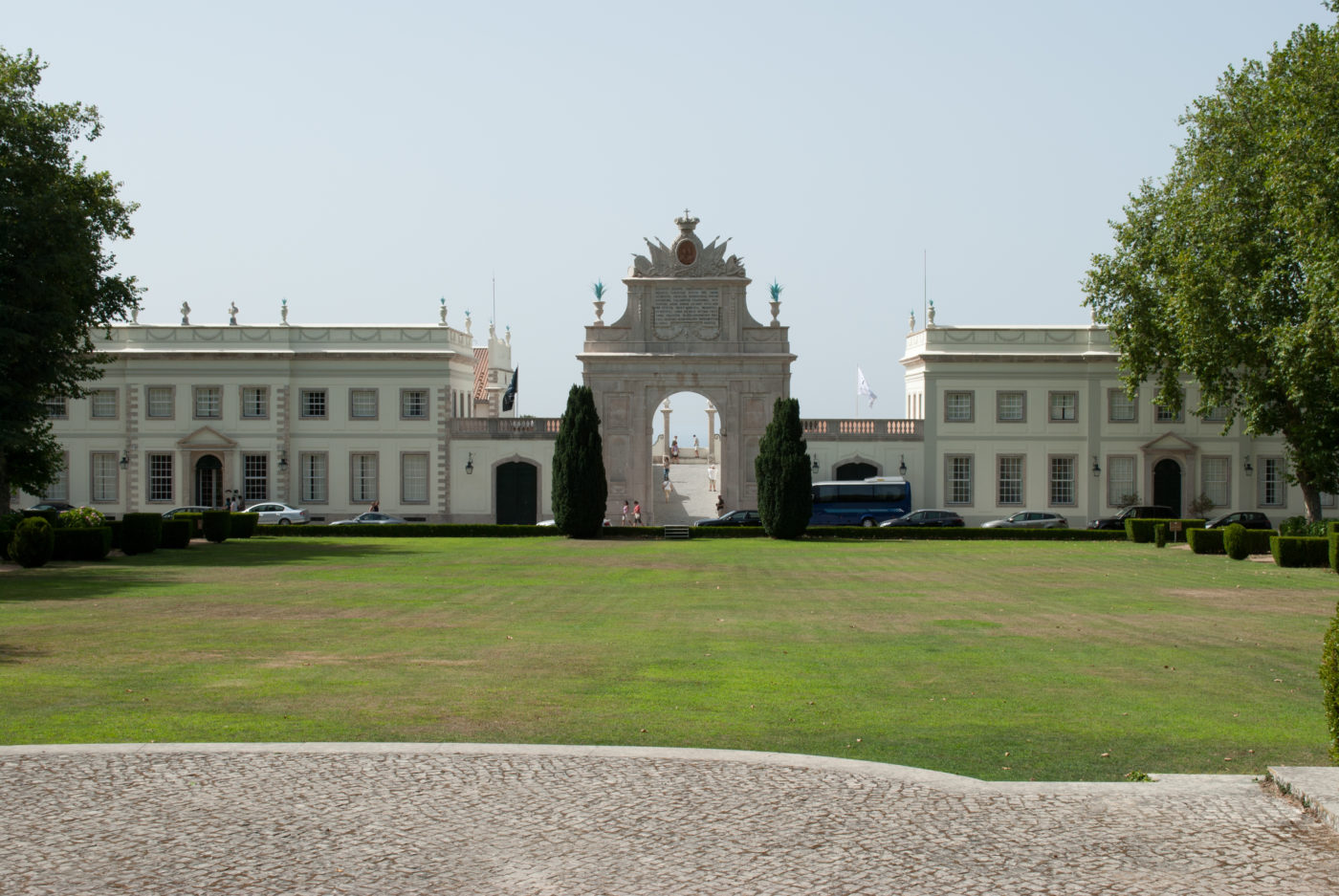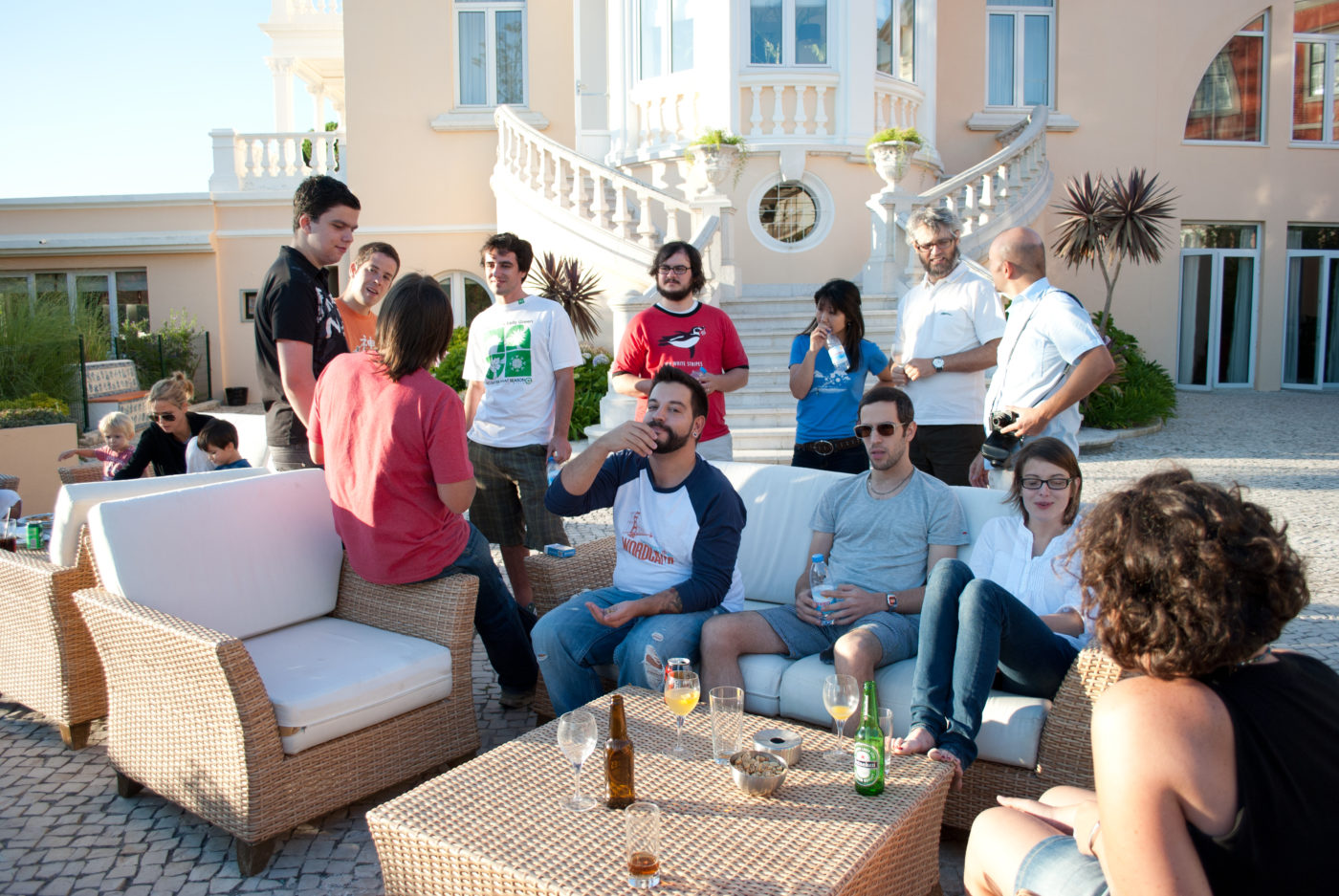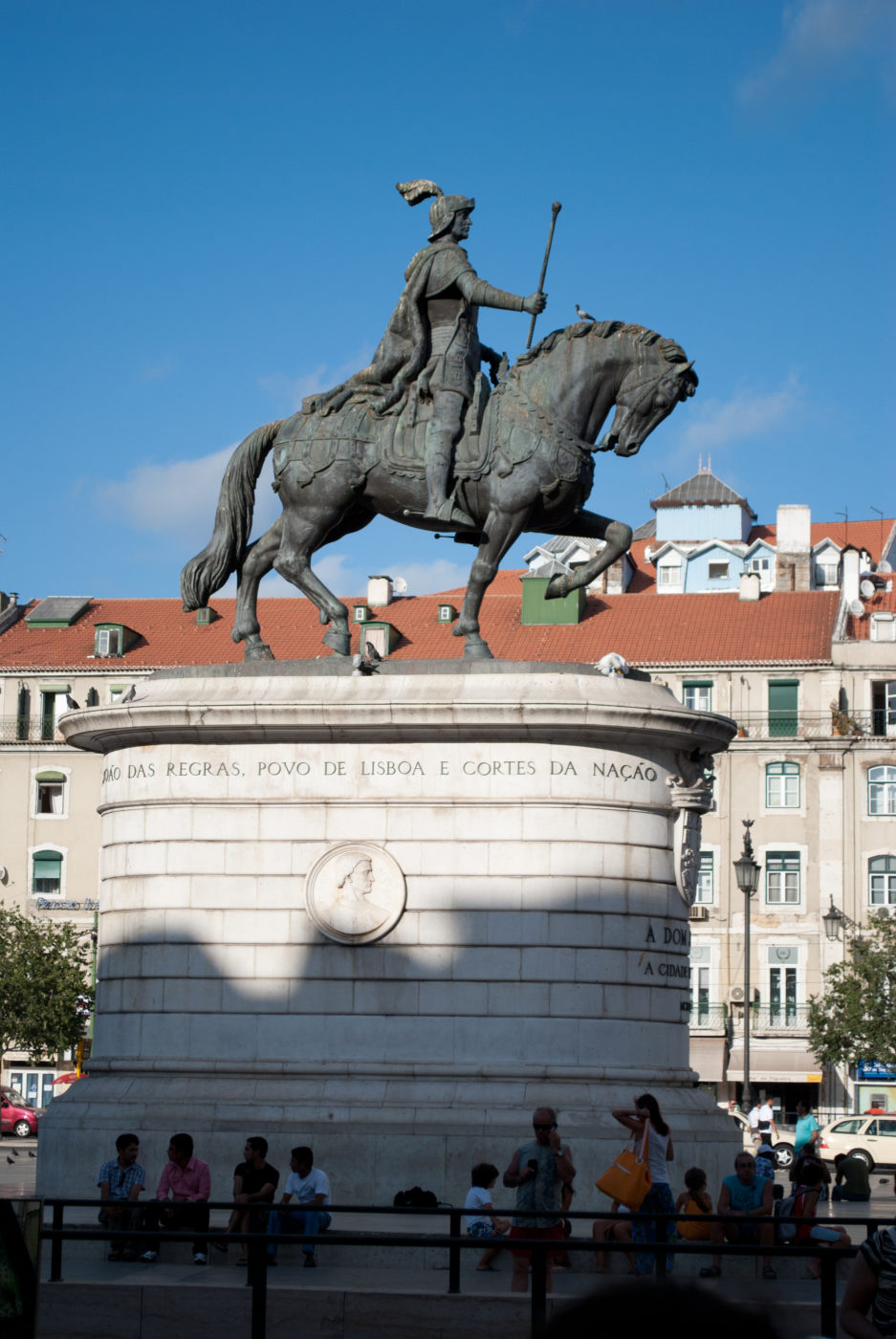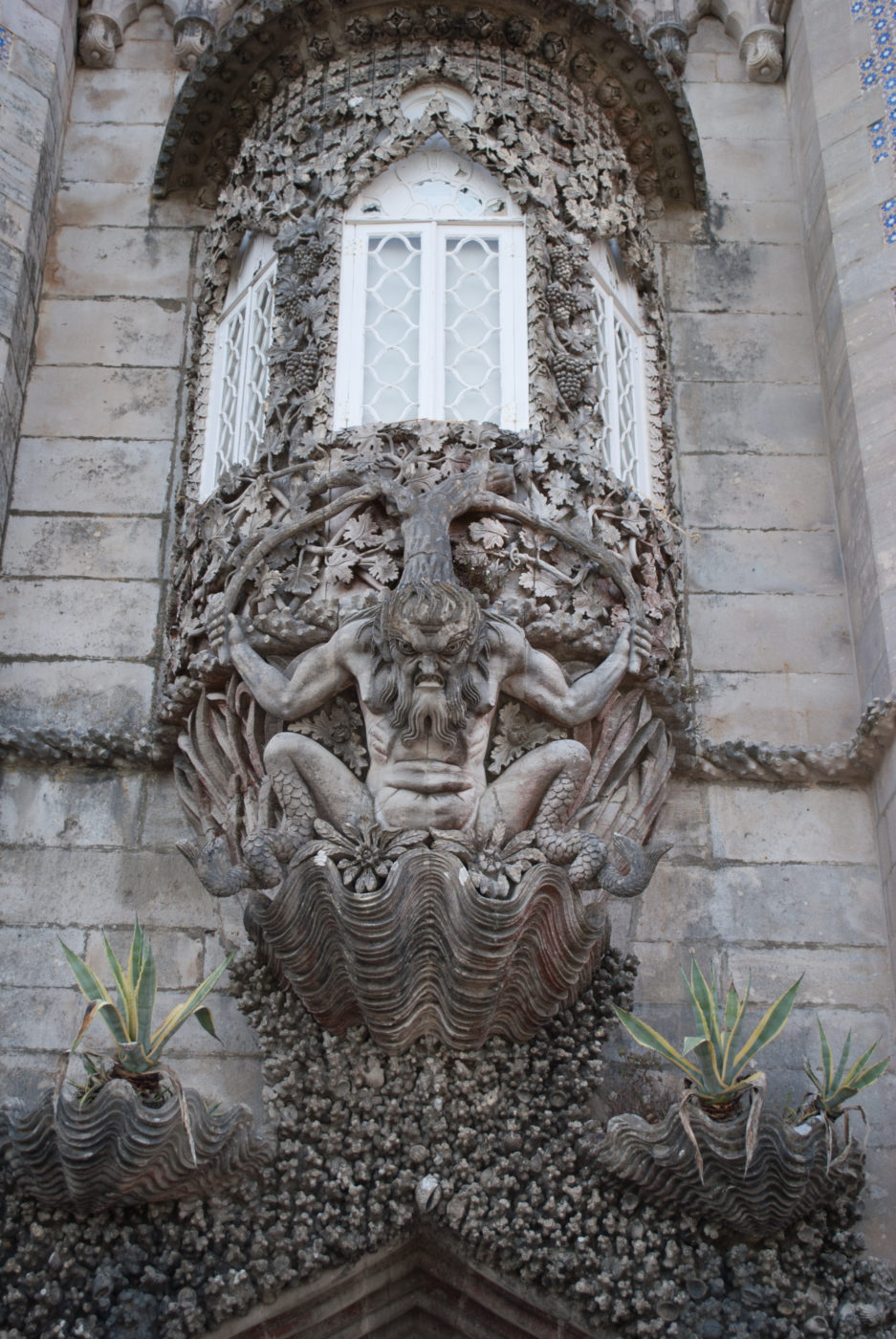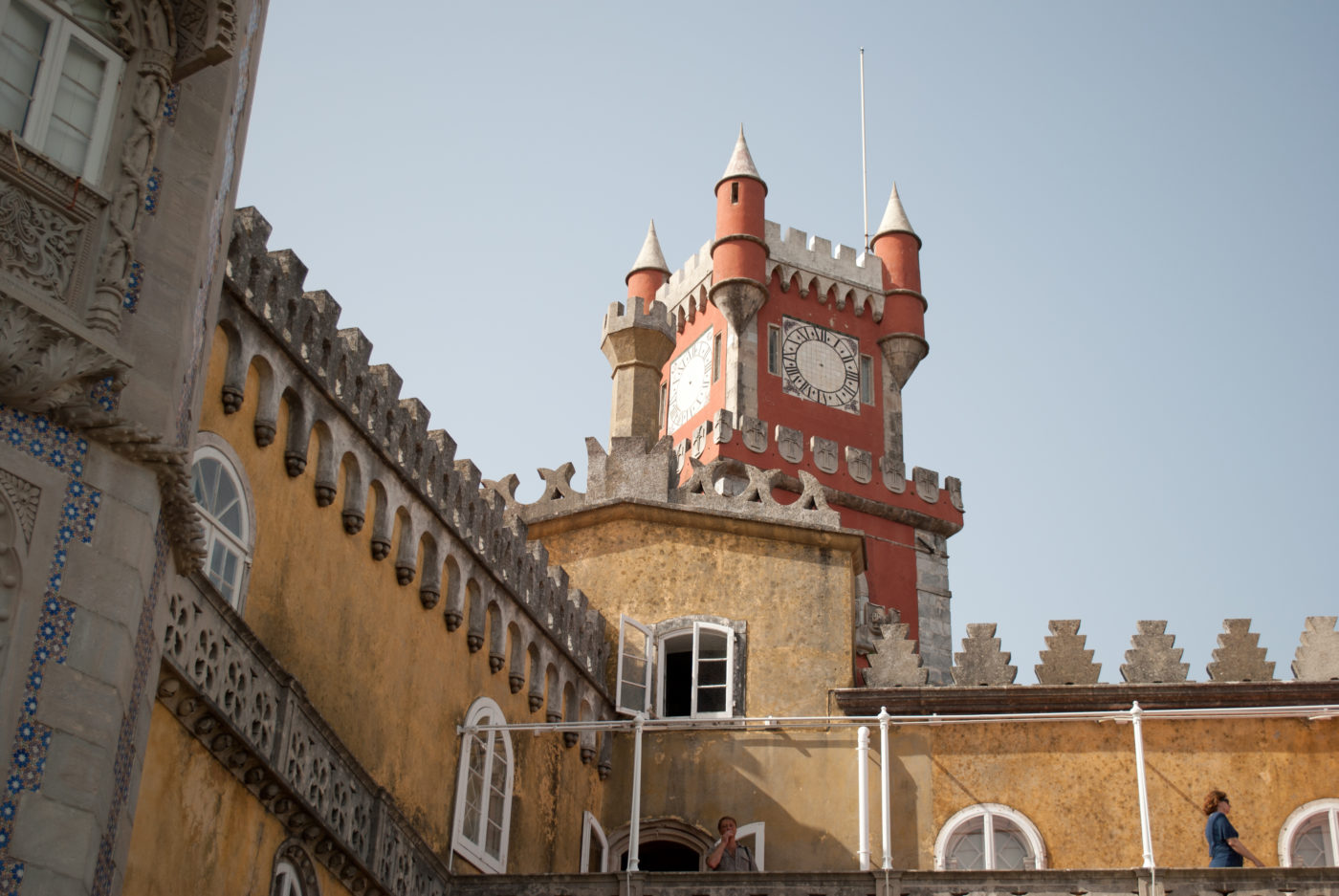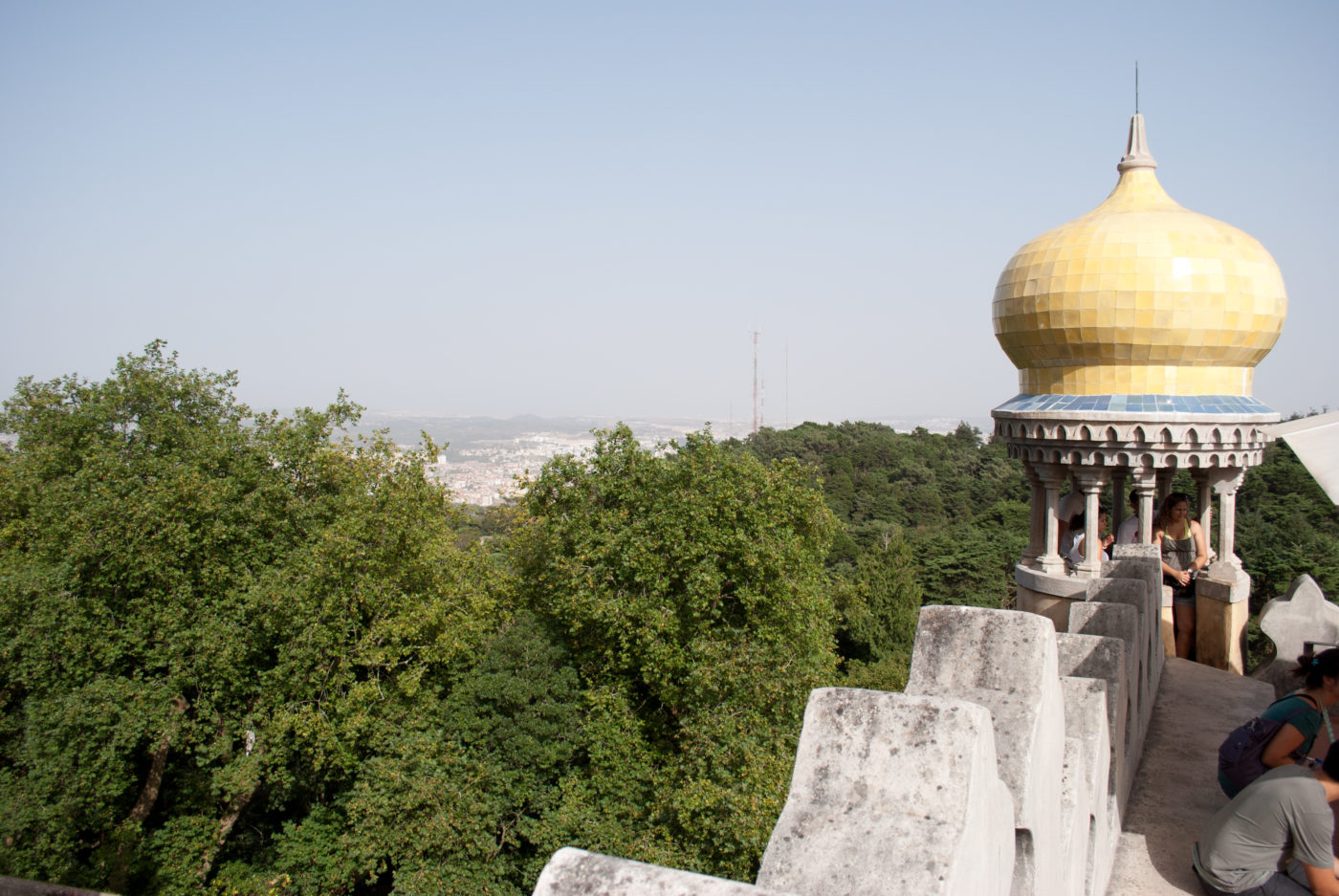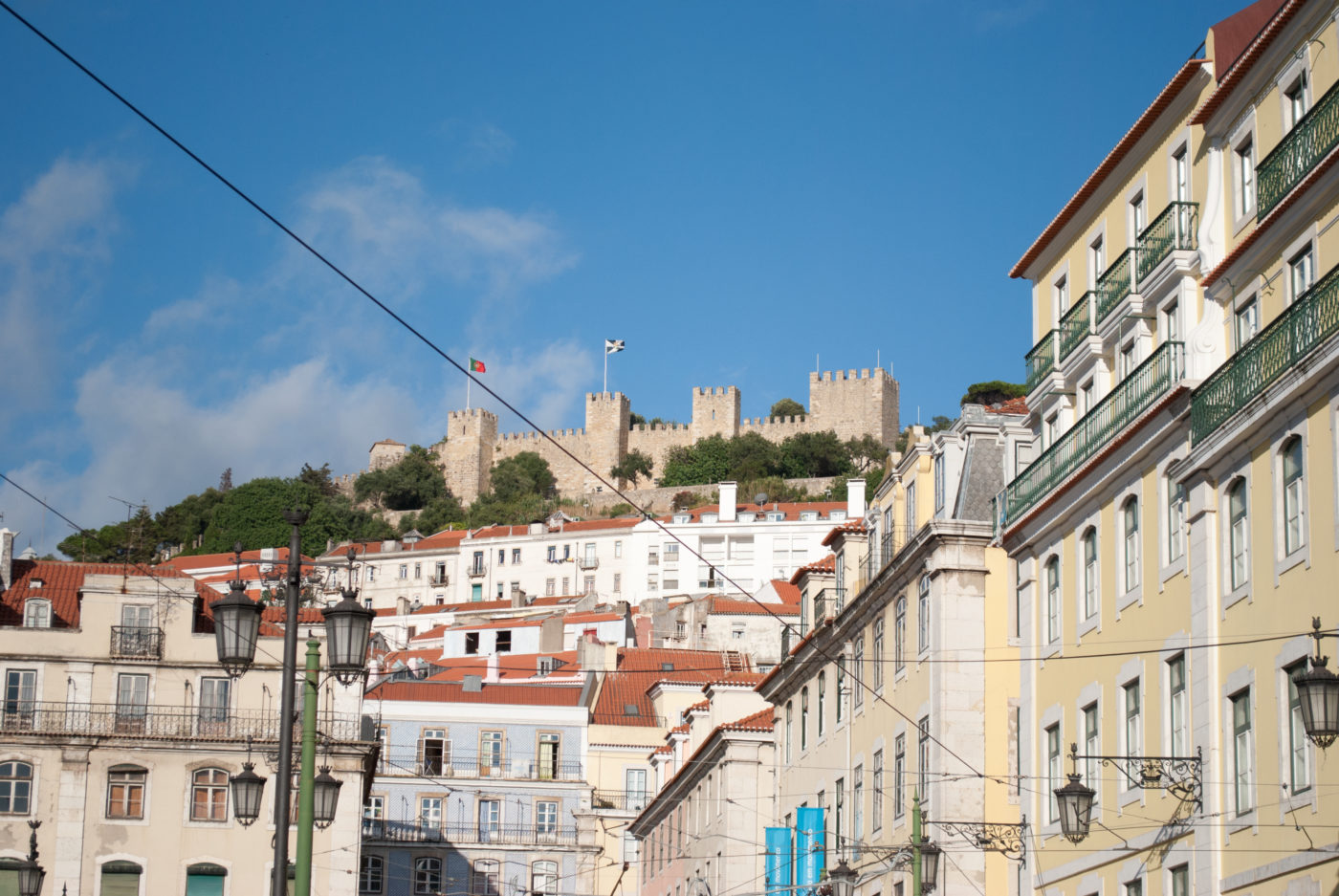Velocity. A very beautiful essay from Frank Chimero.
Tag: travel
Vienna
 I’m heading out to Vienna for a week to spend time thinking up new ideas and projects with the rest of the Happiness team at Automattic. Should be a blast!
I’m heading out to Vienna for a week to spend time thinking up new ideas and projects with the rest of the Happiness team at Automattic. Should be a blast!
Winter Wonderland
Visited my parents for Christmas and got to see Yosemite National Park in a wonderfully snowy winter.
Estoril and Lisbon, Portugal
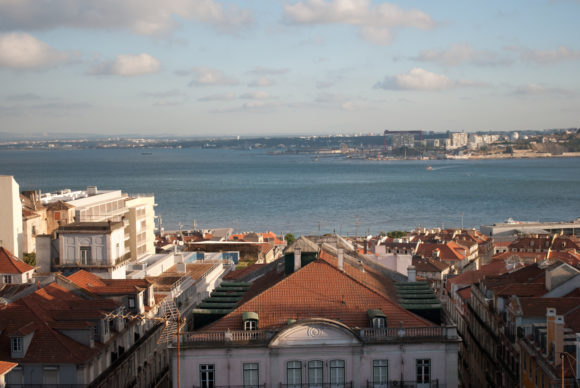
Automattic Happiness Team meetup in Estoril, Portugal. Also a day-trip to Lisbon and Cabo da Roca.
Sullivan takes a break
Andrew Sullivan will be taking the rest of August off and writes:
Here’s my dream: Ill read books – books on paper, books I have been wanting to read or re-read for a long time and have been unable to absorb because of constant daily bloggery; and Ill sleep and nap; and spend time with my neglected husband and beagles; and try to get a little more perspective on the last couple of years. The spiritual life also suffers from living so much in the world so constantly. A little emptiness is what I yearn for.
I say good for him. Sometimes I think it’d be good for everyone to take a month off the grid during the year; I think that it’d provide a better perspective on what you actually need the internet for.
Time for news organizations to learn from their inferiority
I’m in the process of reading Oracle Bones by Peter Hessler. It’s a fascinating book and there’s one particular anecdote that caught my attention. In March of 2000 Hessler was commissioned to write what was essentially public relations material for Dorr-Oliver, a Dutch company that made centrifuges for corn milling. He visited one of China’s larger factories and while there was told by a Dorr-Oliver employee that a competing company’s machines were better.
Later, Hessler was questioned by Mr. Wang, the plant’s manager, as to what this employee had said; after trying to play ignorant Hessler admitted that the employee said the other company’s product was better. Expecting a bad reaction from the manager it’s understandable that he was a little shocked when Mr. Wang said:
You know what? He’s right! Our machines aren’t designed as well as the Westfalia centrifuges. Those machines are better. That’s important for us to know. How can we possibly do business if we don’t know that our product is inferior?
The more I thought about this the more I realized how relevant it seems to be to the current state of news organizations; the difference is that they are refusing to acknowledge their inferiority.
The general sense that I get (and this is largely a gut feeling) from reading statements from news executives is that they believe that their product is superior and the problem simply lies in getting the broader public to recognize that. Instead, they ought to approach the problem through an honest recognition that their product is currently far, far inferior; that is, they ought to approach the situation from reality.
It seems ludicrous to me to on the one hand say that the experience that a news organization offers is superior, trustworthy, etc. while also recognizing the importance of attempting drastic measures to change that experience. If the New York Times offered a truly stunning experience that was far superior to other news outlets both in print and online then that’d be one thing, but if that were the case then they wouldn’t be bemoaning their debt and lack of revenue, nor would they be considering shuttering the Boston Globe, nor would they be needing to undertake such experiments as the Times Reader.
Ultimately, it’s time for news organizations to stop preaching about how trustworthy they are and how they have a stellar history of reporting; that’s not what matters right now. Right now they need to be acknowledging, both internally and publicly, that they’ve fallen behind the times and that they no longer provide an experience nor the content that is superior.
Once that’s done they can start the process of progress. They can put aside their centuries of tradition and start to think like a company that has everything to prove. It’s time for news organizations to start showing how they are progressing and how their experiences are improving instead of just hoping that we as consumers will come to recognize what news executives believe to be self-evident: their superiority in delivering a news experience.
Update: Later today I came across this article from the Columbia Journalism Review that would have been an appropriate link in the above article. The basic premise is that for too long journalists and news organizations have taken the focus off of the experience of the consumer and placed it upon the accolades of the individual journalist and the news organization.
Oracle Bones
I’m in the process of reading Oracle Bones by Peter Hessler. Hessler was a Beijing correspondent for The New Yorker, Boston Globe, and National Geographic and also spent time in China with the Peace Corps.
If you haven’t read it I highly recommend it; even though I’m not finished with it the book presents a captivating look at aspects of Chinese society and history on a more personal level.

Oracle Bones by Peter Hessler: a great read.
The anecdotes and experiences related by Hessler show a side of China that I think sometimes gets lost in the talk of international trade and human rights. By telling stories that focus upon Chinese individuals Hessler does a brilliant job of portraying life in Beijing and throughout China.
Below is the description from Amazon:
A century ago, outsiders saw China as a place where nothing ever changes. Today the country has become one of the most dynamic regions on earth. In Oracle Bones, Peter Hessler explores the human side of China’s transformation, viewing modern-day China and its growing links to the Western world through the lives of a handful of ordinary people. In a narrative that gracefully moves between the ancient and the present, the East and the West, Hessler captures the soul of a country that is undergoing a momentous change before our eyes.
deserted palace

deserted palace, originally uploaded by electricnerve.
I’m a sucker for photos of cool staircases, and this concrete one from Cambodia (which was shot on a $15 camera according to the description) is just great. I love the way that the light shines into the stairway in the lower levels.



